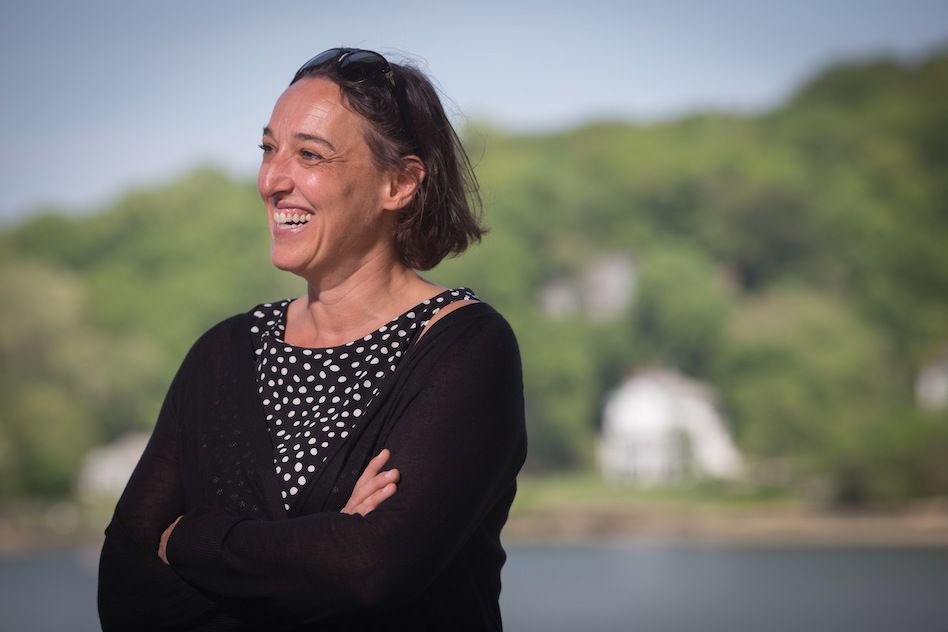SpaceX rolled-out Starlink beta internet service in northern United States and southern Canada in October. To date, SpaceX has deployed around 888 internet-beaming satellites out of the 4,409 that will operate in low Earth orbit. SpaceX is looking forward to connecting locations around the world where internet connection is unreliable and non-existent. Earlier this year, SpaceX engineers said Starlink is capable of beaming internet connection to remote areas on Earth; 60 Starlink satellites have the capability to beam low-latency, high-speed broadband internet to 40,000 users streaming high-definition videos simultaneously. Starlink customers receive service via a phased-array antenna dish and Wi-Fi router device. Additionally, SpaceX will build hundreds of ground stations that will receive the satellite’s communication. The stations are the linking factor between user terminals and data center for the Starlink network.
The Australian Communications and Media Authority (ACMA) which regulates telecommunications service, granted SpaceX a telecommunications license to offer internet on August 7th this year. SpaceX recieved approval to operate ground stations on October 26. ACMA granted SpaceX licenses to operate a total of 24 Starlink ground stations in Australia, according to a document published by the regulatory agency.
Approximately 2.5 million individuals in Australia still lack access to internet at home due to the service being either too expensive or unavailable in the rural location they reside in. Connecting rural areas around the globe to the network provides benefits to civilization as a whole. The Internet provides an equal chance for everyone to have access to education and job opportunites at their fingertips. Amid the Coronavirus outbreak, the digital divide among communites became more apparent, many students had to study from home but their households did not have internet service. SpaceX hopes to close the digital divide in rural areas worldwide. As more satellites are deployed to orbit, SpaceX will expand broadband coverage to Australia and the rest of the planet in 2021.






